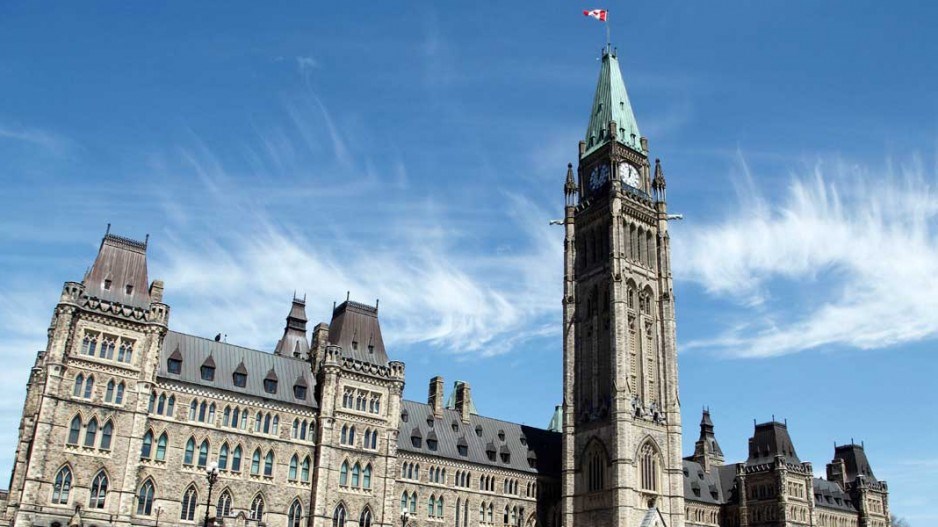Ottawa police face mounting pressure to take stronger action against the protest of COVID-19 measures that has taken over the capital city, while organizers threaten to stay "as long as it takes" for governments across the country to end pandemic restrictions.
Although politicians do not direct the police, local elected officials say officers need to do more to move the protesters and their big trucks off city streets.
"I'm happy no cars have been burning on the streets and no windows are smashed in and we haven't had any fatalities, but we have hit a boiling point in the city," said Coun. Tim Tierney, who chairs a committee responsible for Ottawa's roadways.
"We're hearing loud and clear from our constituencies and we want to see some kind of action."
Coun. Catherine McKenney, who represents downtown, said on Twitter late Tuesday evening the federal government should send in the RCMP to help get a handle on the days-long demonstration.
"The residents of Centretown have been abandoned during a national crisis and occupation of our city," McKenney wrote.
Ottawa police have arrested three men after investigations related to the protest.
Police said today they charged a 48-year-old man from Quebec with uttering threats and counselling to commit an indictable offence. The charges relate to threats and comments made on social media while in Ottawa, police said.
Andre Lacasse, 37, was charged on Sunday with carrying a weapon to a public meeting, while Matthew Dorken, 29, was charged Tuesday with mischief under $5,000.
"We want to be very clear, both for the current demonstrations and any planned demonstrations: Illegal activity will not be tolerated," police said in a release, promising consequences for people who break laws or bylaws.
Ottawa residents frustrated with the incessant blare of truck horns, traffic gridlock and harassment by some protesters are questioning how police have handled the demonstration.
Police and city officials have stressed the need to avoid inflaming the situation in a way that could prompt serious violence.
Police said Tuesday there were 13 active investigations related to the demonstration, and some progress on the investigation into the desecration of the National War Memorial near Parliament Hill over the weekend.
Canada Unity, a group backing the demonstration, emerged during the 2019 pro-pipeline convoy to Ottawa but morphed into a protest against COVID-19 restrictions after the pandemic began.
In a statement today, one of the Ottawa convoy leaders said responsibility for the city's current hardships rests on politicians who "prefer to vilify and call us names" instead of engaging with them.
"The fastest way to get us out of the nation's capital, is to call your elected representatives and end all (COVID-19) mandates," wrote Chris Barber, described in the news release as a senior convoy leader.
Barber said the protesters' interactions with police have been "mostly positive," especially with front-line officers.
Tamara Lich, a spokesperson for the convoy, said in the statement that organizers were surprised by the number of people who showed up in Ottawa.
She also said they plan to stay.
"It was a bit overwhelming at first from a logistical point of view, but we are now well organized and are settling in, until Canada is a free nation again," she said in the written statement.
Ottawa police Chief Peter Sloly is expected to provide a public briefing to city council and the police services board on the situation this afternoon.
Police estimate they have spent roughly $800,000 per day to manage the protest and respond to emergencies, and there are calls for some of the millions of dollars raised in support of the demonstration to make reparations for the actions of protesters.
The Private Motor Truck Council of Canada cited the desecration of the National War Memorial and the Terry Fox statue near Parliament Hill, as well as the harassment of servers and patrons of the Shepherds of Good Hope homeless shelter. The council suggested Canada Unity make a donation to the Terry Fox Foundation, the Royal Canadian Legion and the Shepherds of Good Hope.
This report by The Canadian Press was first published Feb. 2, 2022.
Laura Osman, The Canadian Press



